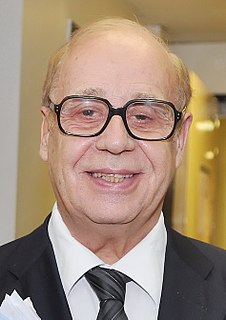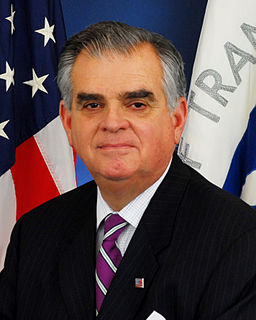A Quote by Richard Quest
Every year, the World Economic Forum decides on a theme for its meeting of the world's elite in Davos, Switzerland. Usually, it's highfalutin nonsense that no one understands and everyone ignores.
Related Quotes
I figured if I could get really good people who were going to be able to have a big impact in the world over the next decade to come together once a year for ten years and actually sign a pledge to take action themselves, if we did that every year for ten years we could do a lot of good in the world. That's the difference between my meeting and any other. If you don't want to promise to do something, don't come to my meeting, stay home.
At Facebook we feel a lot of affinity not just for this community but for any community that is trying to do what Davos is trying to do, which is to share information. And Davos is doing it in a particular way - I think the Facebook approach is obviously more broad-based, we're trying to include everyone in the world. But the goal is the same: bring people together, to share information and make the world more connected, and have people have a deeper understanding of themselves, others, the communities of which they want to be a part and can be a part.
































